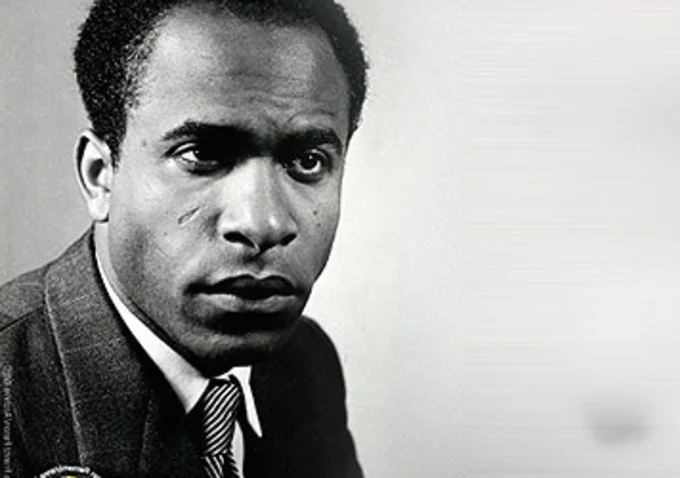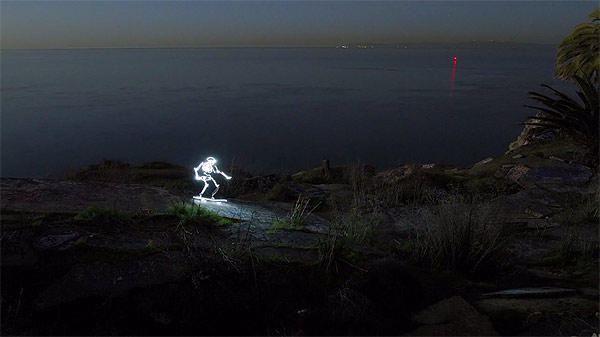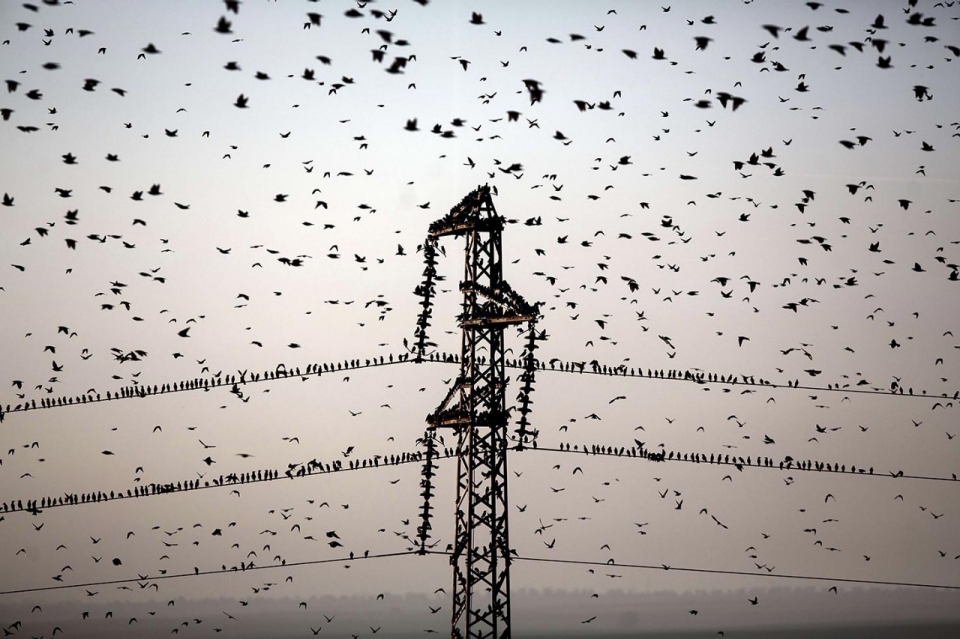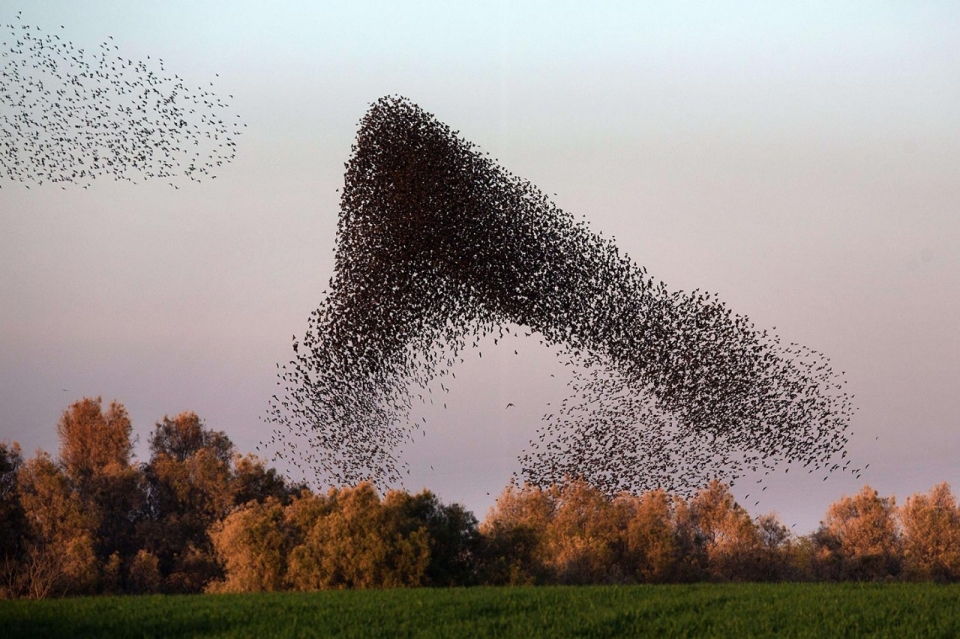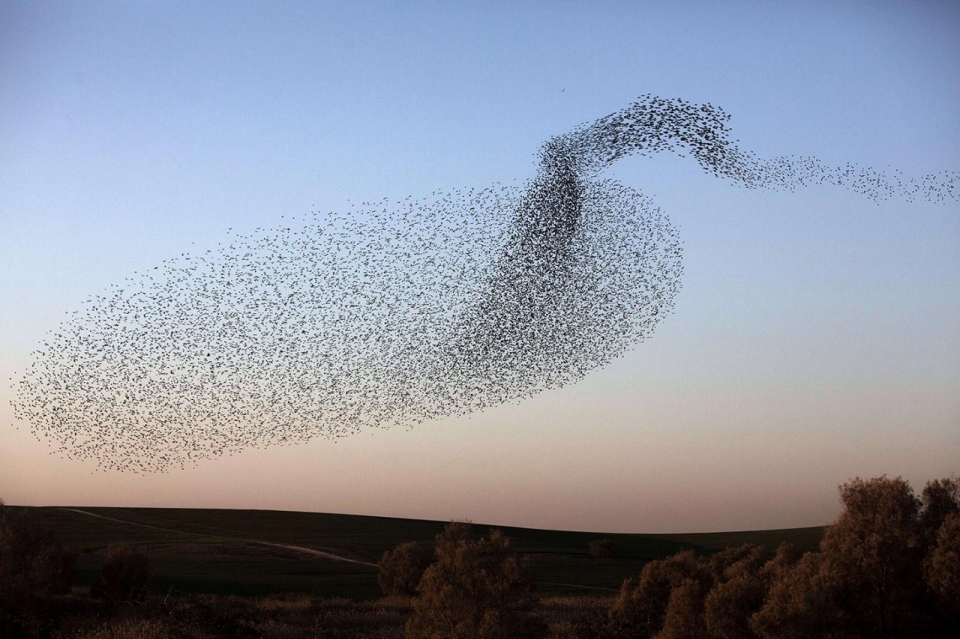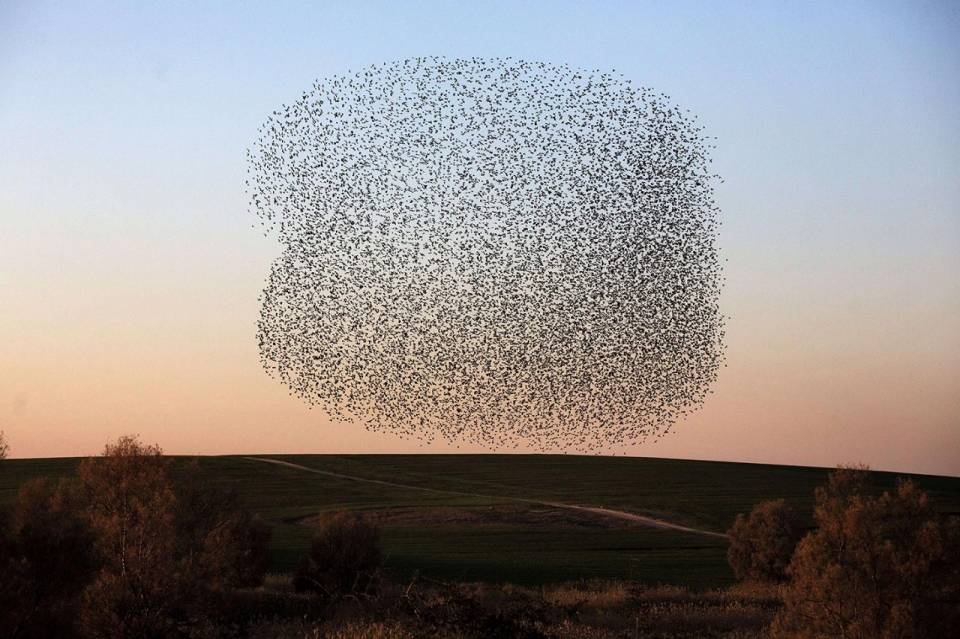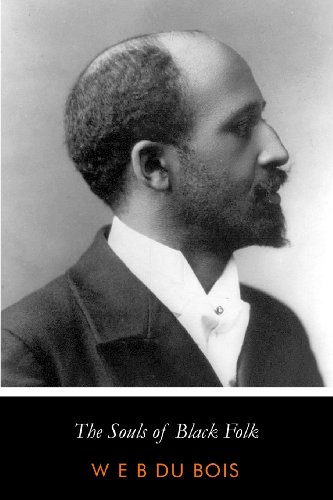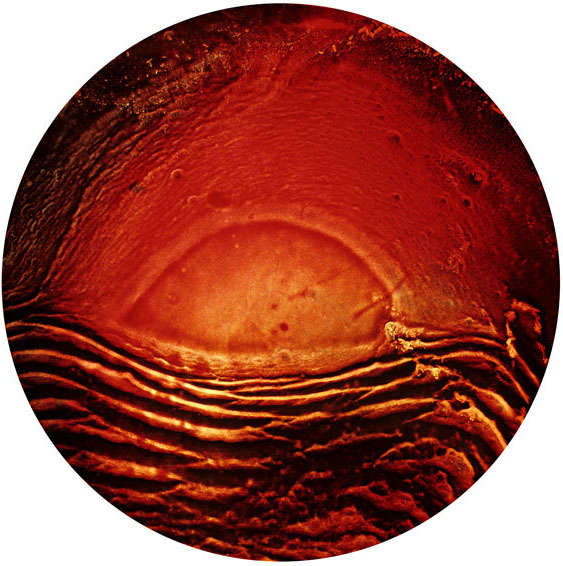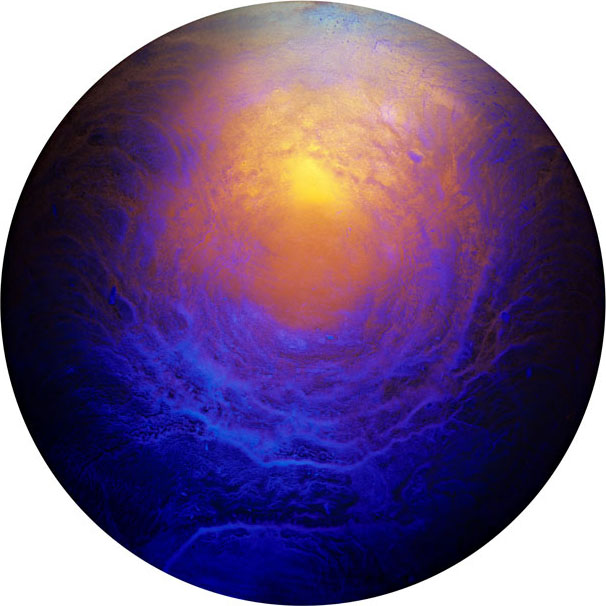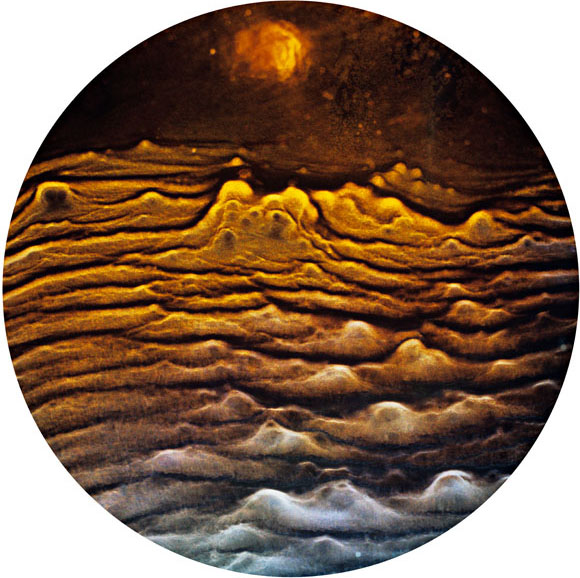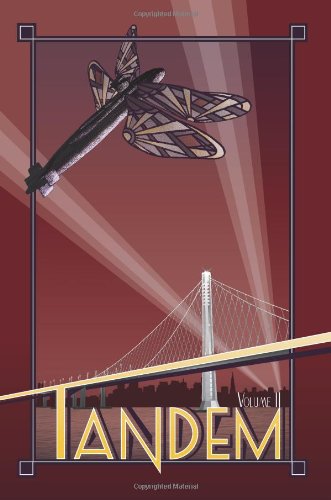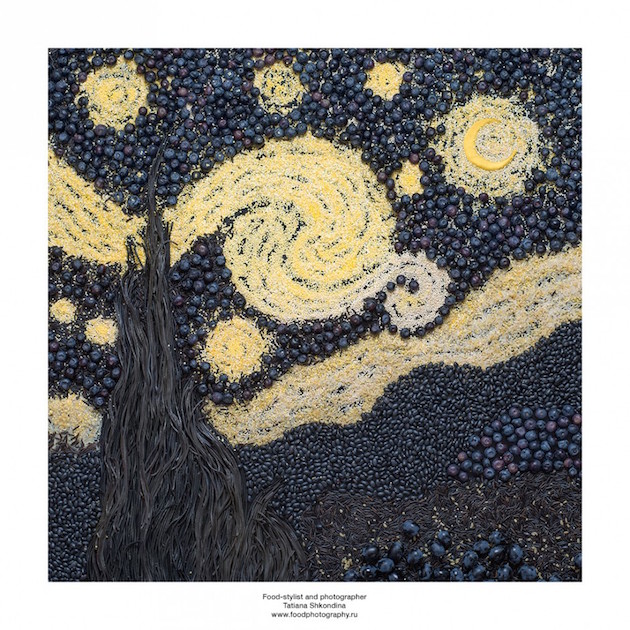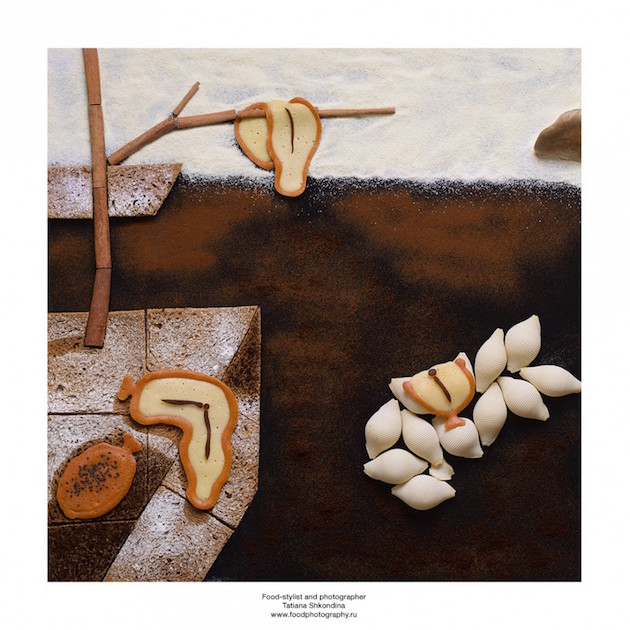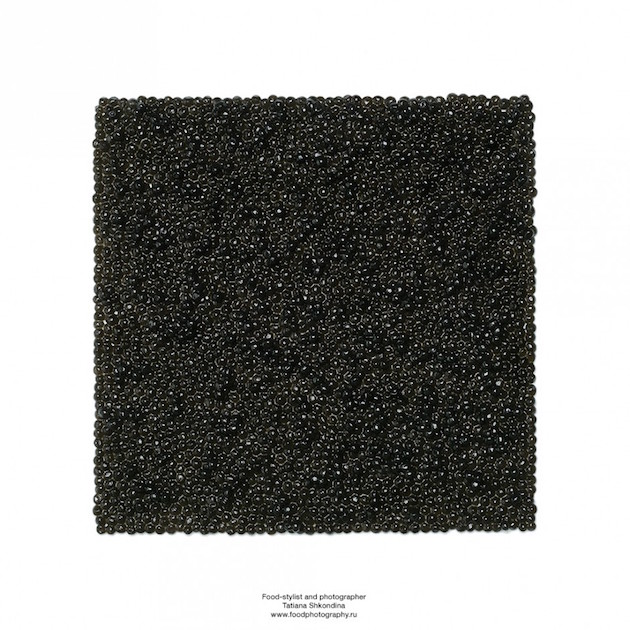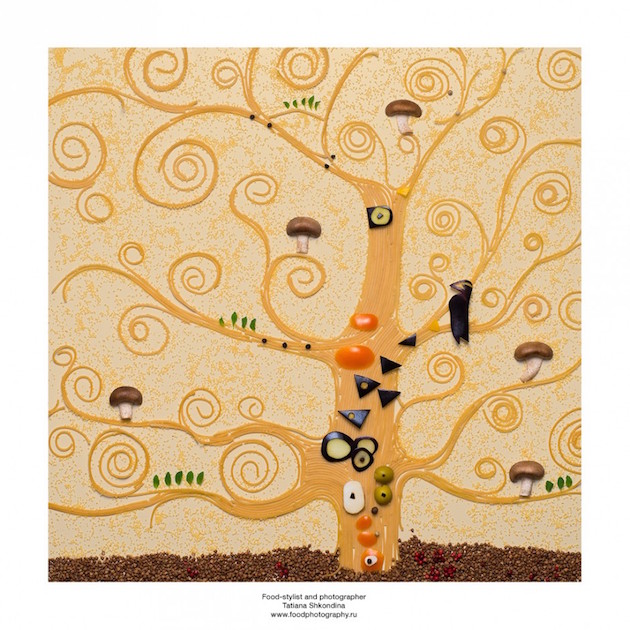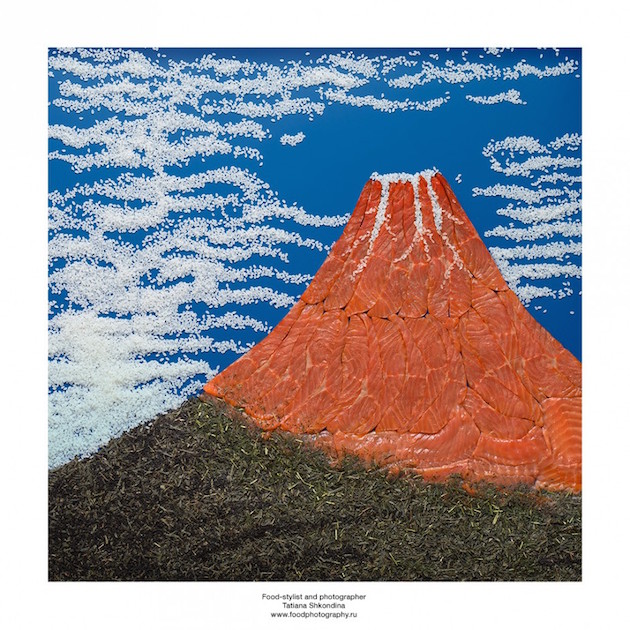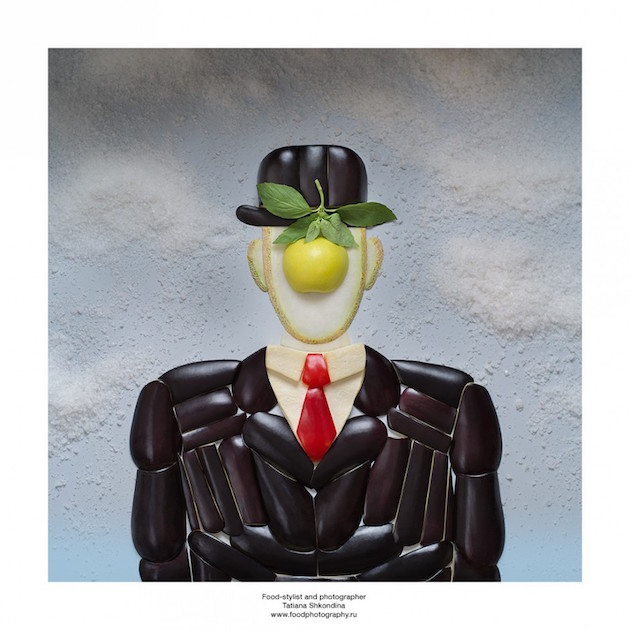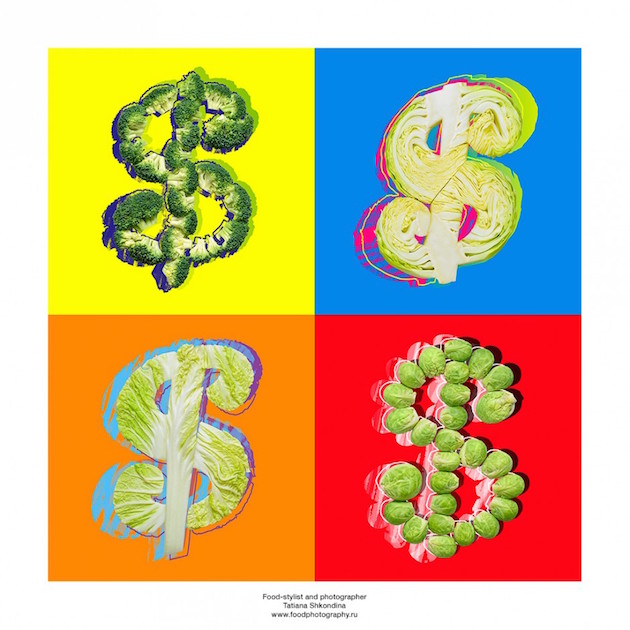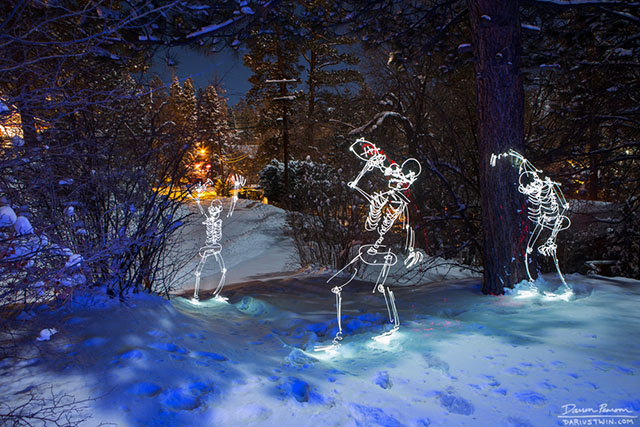Dinosaurs in the Hood
BY DANEZ SMITH
Let’s make a movie called Dinosaurs in the Hood.
Jurassic Park meets Friday meets The Pursuit of Happyness.
There should be a scene where a little black boy is playing
with a toy dinosaur on the bus, then looks out the window
& sees the T. Rex, because there has to be a T. Rex.
Don’t let Tarantino direct this. In his version, the boy plays
with a gun, the metaphor: black boys toy with their own lives,
the foreshadow to his end, the spitting image of his father.
Fuck that, the kid has a plastic Brontosaurus or Triceratops
& this is his proof of magic or God or Santa. I want a scene
where a cop car gets pooped on by a pterodactyl, a scene
where the corner store turns into a battle ground. Don’t let
the Wayans brothers in this movie. I don’t want any racist shit
about Asian people or overused Latino stereotypes.
This movie is about a neighborhood of royal folks —
children of slaves & immigrants & addicts & exiles — saving their town
from real-ass dinosaurs. I don’t want some cheesy yet progressive
Hmong sexy hot dude hero with a funny yet strong commanding
black girl buddy-cop film. This is not a vehicle for Will Smith
& Sofia Vergara. I want grandmas on the front porch taking out raptors
with guns they hid in walls & under mattresses. I want those little spitty,
screamy dinosaurs. I want Cicely Tyson to make a speech, maybe two.
I want Viola Davis to save the city in the last scene with a black fist afro pick
through the last dinosaur’s long, cold-blood neck. But this can’t be
a black movie. This can’t be a black movie. This movie can’t be dismissed
because of its cast or its audience. This movie can’t be a metaphor
for black people & extinction. This movie can’t be about race.
This movie can’t be about black pain or cause black people pain.
This movie can’t be about a long history of having a long history with hurt.
This movie can’t be about race. Nobody can say nigga in this movie
who can’t say it to my face in public. No chicken jokes in this movie.
No bullets in the heroes. & no one kills the black boy. & no one kills
the black boy. & no one kills the black boy. Besides, the only reason
I want to make this is for that first scene anyway: the little black boy
on the bus with a toy dinosaur, his eyes wide & endless
his dreams possible, pulsing, & right there.
















